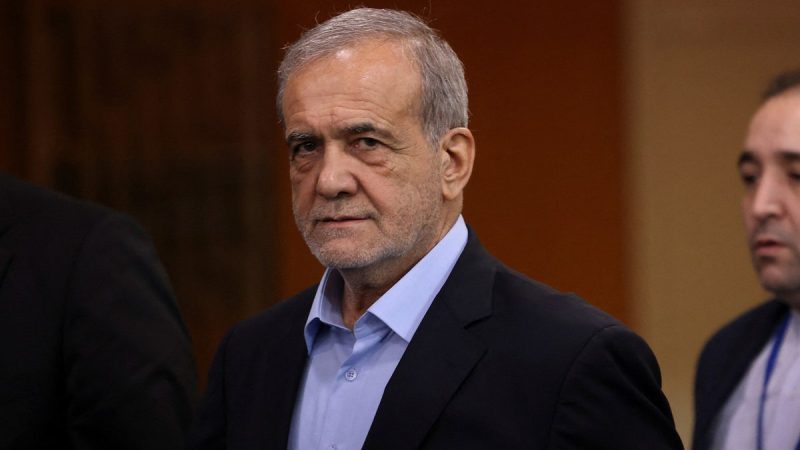Understanding the Recent Actions of Iran’s New President
The recent activities of Iran’s newly sworn-in president, Ebrahim Raisi, are worthy of note, particularly in relation to the significant issue concerning Iran’s nuclear deal. The actions, speeches, and decisions made by Raisi thus far suggest a meticulously calculated approach aimed at intriguing and drawing the attention of the West.
An analysis of Raisi’s presidency so far reveals an apparent intention to present a moderating image to the Western world. The specific response of the West is, however, still under speculation. Nevertheless, there are indications that this could be an attempt to induce the West back to the negotiating table for a nuclear deal.
On his inauguration day, Raisi, who is known for his intrinsic religious beliefs and conservative ideologies, delivered a speech that portrayed an unexpected side of his character. He appeared to be moving away from his hardline reputation, offering a balanced approach that emphasizes dialogue, diplomacy, and interactions with the Western world. This move is viewed as both intriguing and unexpected, considering his previously stated positions and the overall conservative approach generally associated with Iran’s governance.
Raisi’s devotion to dialogue, interaction, and international diplomacy is evident in his appointments. His appointee for the position of Foreign Minister, Hossein Amir-Abdollahian, is known not only for his foreign policy expertise but also for his advocacy for negotiating rapprochement with Saudi Arabia, Iran’s arch-enemy. Raisi’s cabinet demonstrates a mix of hardliners and pragmatists that further reflect his projected moderated image.
Despite Raisi’s perceivable interest in dialogue, it is also rumored that his administration may have ulterior motives. His administration’s potential twin strategy might be aimed at simultaneously playing hard and soft with the West. While Iran’s Supreme Leader, Grand Ayatollah Ali Khamenei, hints at a more confrontational line with the West, Raisi is tasked with demonstrating a softer stance which may be intended to misdirect Western leaders and lure them back to the nuclear deal.
It is also essential to note that the moderate approach from Raisi could stem from the current economic challenges Iran is facing. With the Iranian economy undergoing a drastic contraction due to the U.S.-imposed sanctions, the revival of the Iran nuclear deal – formally known as the Joint Comprehensive Plan of Action (JCPOA) – could give Iran a much-needed economic boost. Thus, Raisi’s motivation towards repairing relations may be primarily economic, rather than ideological.
All in all, Raisi’s sudden moderating image could be seen as a strategic move to initiate an advantageous position in the upcoming nuclear deal discussions. However, the perception of his intention can only be proven and validated over time through his actions, dialogues, and, most importantly, the tangible outcomes from his interaction with the Western world and their subsequent responses.
Understanding Iran’s current position and examining the strategic moves of Raisi is critical in forecasting the possible trajectory of Iran’s nuclear deal and the future of its relationship with the West. While Raisi’s tactics may seem to be purely politically motivated, there are practical and economic implications that could potentially reshape Iran’s global position,






























